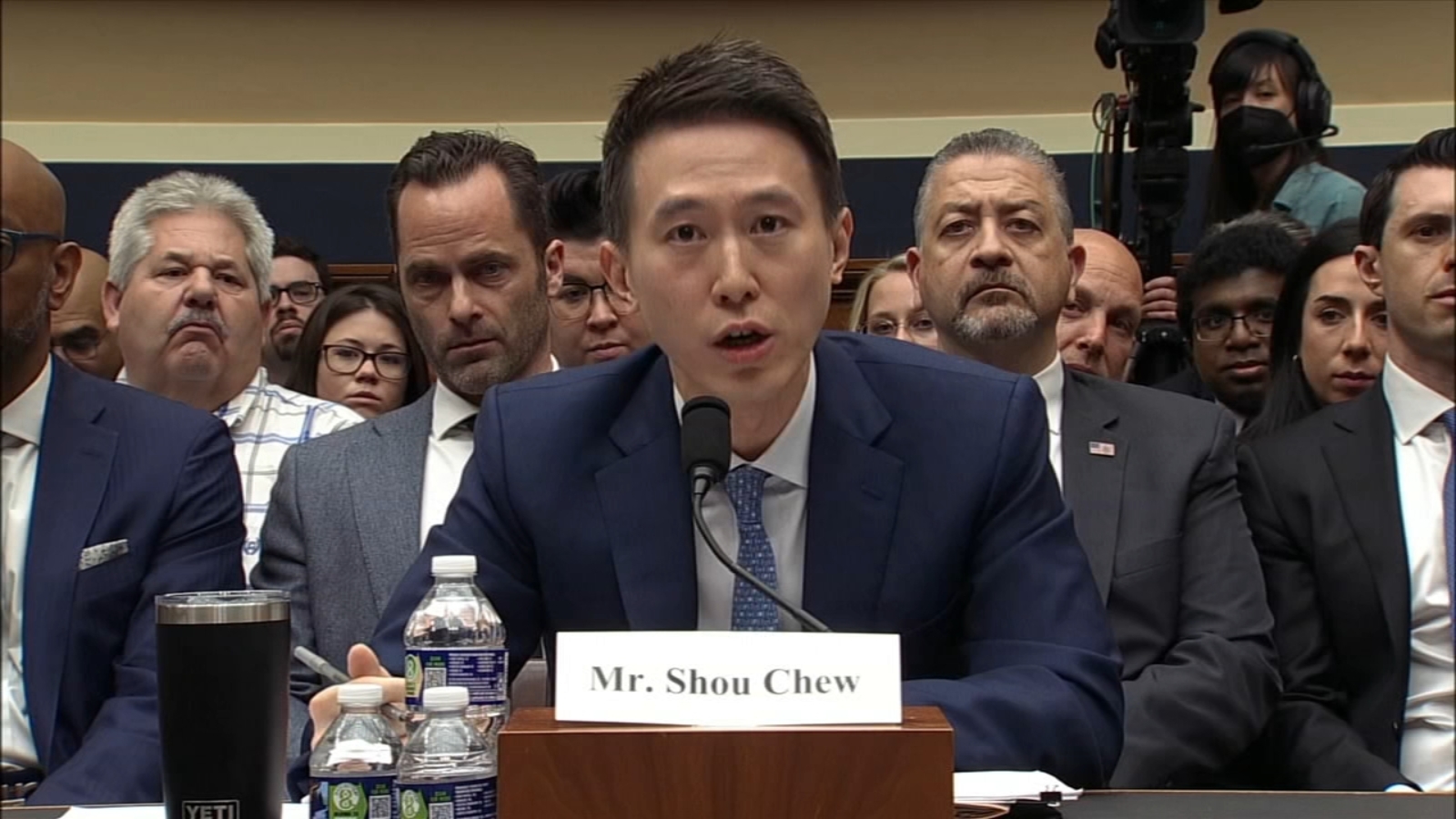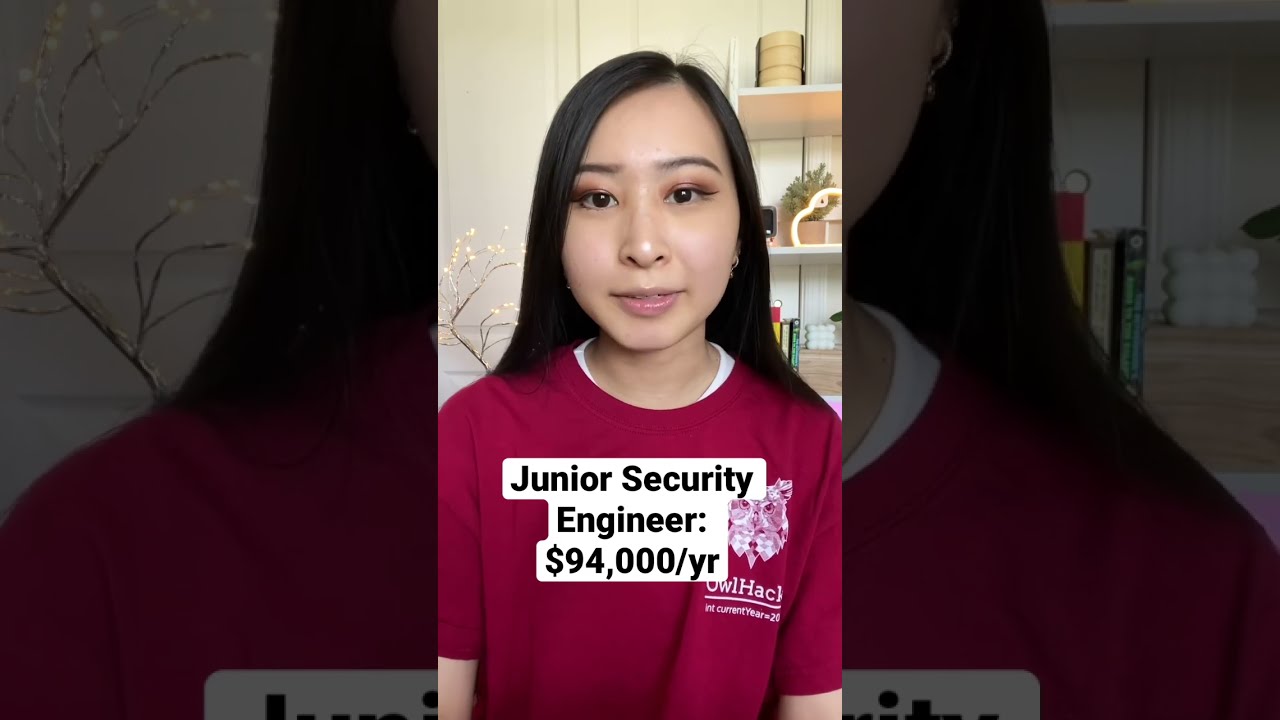TikTok CEO Shou Zi Chew faces off with Congress, hoping to stave off possible ban over security fears
WASHINGTON — U.S. lawmakers grilled the CEO of TikTok over data security and harmful content Thursday, responding skeptically during a tense committee hearing to his assurances that the hugely popular video-sharing app prioritizes user safety and should not be banned.
Shou Zi Chew’s testimony came at a crucial time for the company, which has acquired 150 million American users but is under increasing pressure from U.S. officials. TikTok and its parent company ByteDance have been swept up in a wider geopolitical battle between Beijing and Washington over trade and technology.
In a rare bipartisan effort to reign in the power of a major social media platform, Republican and Democratic lawmakers pressed Chew on a host of topics, ranging from TikTok’s content moderation practices, how the company plans to secure American data from Beijing, and its spying on journalists.
“Mr. Chew, you are here because the American people need the truth about the threat TikTok poses to our national and personal security,” Committee Chair Cathy McMorris Rodgers, a Republican, said in her opening statement. “TikTok has repeatedly chosen a path for more control, more surveillance and more manipulation.”
Chew, a 40-year-old Singapore native, told the House Committee on Energy and Commerce that TikTok prioritizes the safety of its young users and denied allegations that it’s a national security risk. He reiterated the company’s plan to protect U.S. user data by storing all such information on servers maintained and owned by the software giant Oracle.
“Let me state this unequivocally: ByteDance is not an agent of China or any other country,” Chew said.
On Wednesday, the company sent dozens of popular TikTokers to Capitol Hill to lobby lawmakers to preserve the platform. It has also been putting up ads all over Washington that promise to secure users’ data and privacy, and create a safe platform for its young users.
TikTok has been dogged by claims that its Chinese ownership means user data could end up in the hands of the Chinese government or that it could be used to promote narratives favorable to the country’s Communist leaders.
In 2019, the Guardian reported that TikTok was instructing its moderators to censor…


